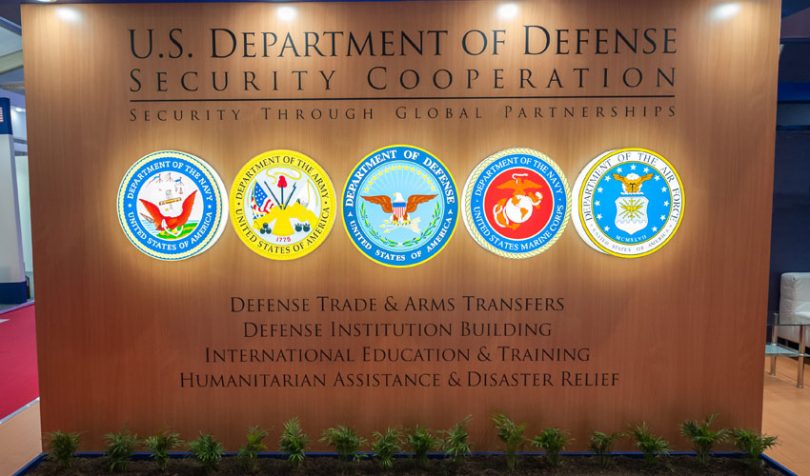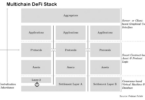On the 12th July, the U.S. Department of Defense (DoD) released its plans for digitization over the next four years, including blockchain security. The document, the DoD Digital Modernization Strategy, emphasizes innovation and the cultivation of talent to improve cybersecurity.
The DoD has one of the world’s largest IT networks with a 2019 budget of over $46 billion, as the strategy document reveals. Managing it and keeping it secure is unsurprisingly one of the department’s key remits. Now, along with AI, the Internet of Things (IoT), and quantum computing, we know that the organization is experimenting with blockchain-based security.
The Defense Advanced Research Projects Agency (DARPA), essentially the R&D arm of the DoD, has been testing out protocols for securing messages and transactions. History logs of these activities can be stored on a blockchain, so any evidence of hacking cannot be removed or changed.
Indeed, distributed ledger technology (DLT) “makes tampering both exceptionally difficult and immediately obvious,” the document reads. It outlines use cases such as secret communications between units and headquarters and transferring information with the Pentagon.
Another DARPA project is an unhackable code, “which blockchain could facilitate”. The DoD is somewhat vague on this lofty ambition, but again it appears that blockchain could prevent hackers from covering their tracks. This would mean that security personnel would know precisely how and when someone tried to break in, helping to safeguard the network in the future.
Interestingly, the strategy document also mentions “the decentralized nature of DoD operations and spending.” With personnel, units, and offices distributed around the world and in different industries, perhaps blockchain is an apt structure to secure operations.
The DoD is not the first federal agency to consider the technology. The U.S. Department of Energy awarded a grant to startup Xage for blockchain security on the power grid. Just two weeks ago, Homeland Security detailed its plans for DLT in the customs supply chain and identity verification.
As the Data Foundation published in May, current blockchain adoption in government is just the tip of the iceberg when it comes to the technology’s potential.







